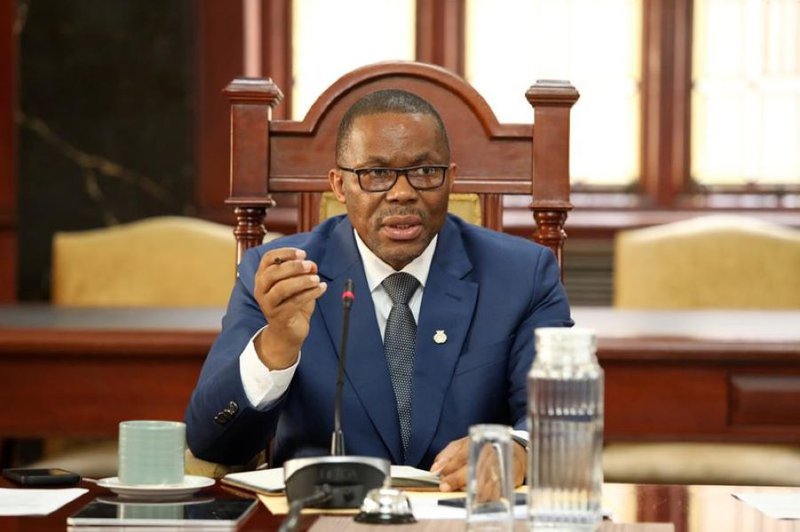By Akani Nkuna
eThekwini Metropolitan Municipality’s budget has been trimmed to R70.9 billion, down from the initially proposed R71.3 billion, following tariff adjustments aimed at aligning spending with updated revenue forecasts.
eThekwini mayor Cyril Xaba spoke about the revision during a post-budget business breakfast in Durban on Wednesday, emphasizing that the adjustment, though modest, reflects the municipality’s commitment to fiscal discipline without compromising core service delivery in infrastructure, healthcare, and education.
“We fully appreciate the challenges our people face as a result of the difficult economic climate, we were able to make changes to the final budget and reduced our tariffs,” said Xaba.
Following negotiations with Umgeni-uThukela Water—which reduced its tariff increase from 13% to 11%—eThekwini has lowered its proposed water and sanitation tariff hikes.
The domestic water tariff increase was reduced from 15% to 13%, and the business water tariff from 16% to 14%. Sanitation tariffs were also lowered by 2%.
However, the proposed 12.72% electricity tariff increase remains unchanged, with Eskom attributing the decision to rising generation and infrastructure maintenance costs.
To align with National Treasury norms, the capital budget has been increased to 10.3% (R7.3 billion) to fund the expansion, upgrade, and replacement of critical infrastructure.
A further R4.3 billion (7%) of the operating budget will go towards repairs and maintenance.
Xaba said the budget process was not a “box-ticking exercise,” but a practical step to address economic hardship and infrastructure failures.
He acknowledged the financial strain communities are under and confirmed that several proposed tariff increases had been reduced in the final budget.
“We want to reiterate that the main focus of this budget is the replacement and rehabilitation of infrastructure to ensure efficient and effective service delivery,” said Xaba.
Xaba said the budget supports bold initiatives to position Durban as a top investment and tourism destination.
R600 million has been earmarked for strategic economic nodes, expected to unlock R217 billion in development and create 300,000 jobs.
More than R150 billion in inner-city projects—including the Marina and Point Waterfront precincts—have been packaged by the City Manager’s office to attract investment.
“We are accelerating efforts to make Durban an investment-friendly city. As the leadership, we have acknowledged that a great deal must be done to revive the city centre, hence we are currently implementing the inner-city regeneration programme,” said Xaba.
The City’s Inner-City Regeneration Programme will focus on improving safety, eradicating bad buildings, addressing homelessness, upgrading public spaces, fixing potholes, and ensuring streetlights function.
As part of this effort, the municipality has secured R100 million from national government following a Memorandum of Understanding signed with the Department of Public Works and Infrastructure.
Feasibility studies are also underway to introduce a multi-modal public transport system within the inner-city.
INSIDE METROS

